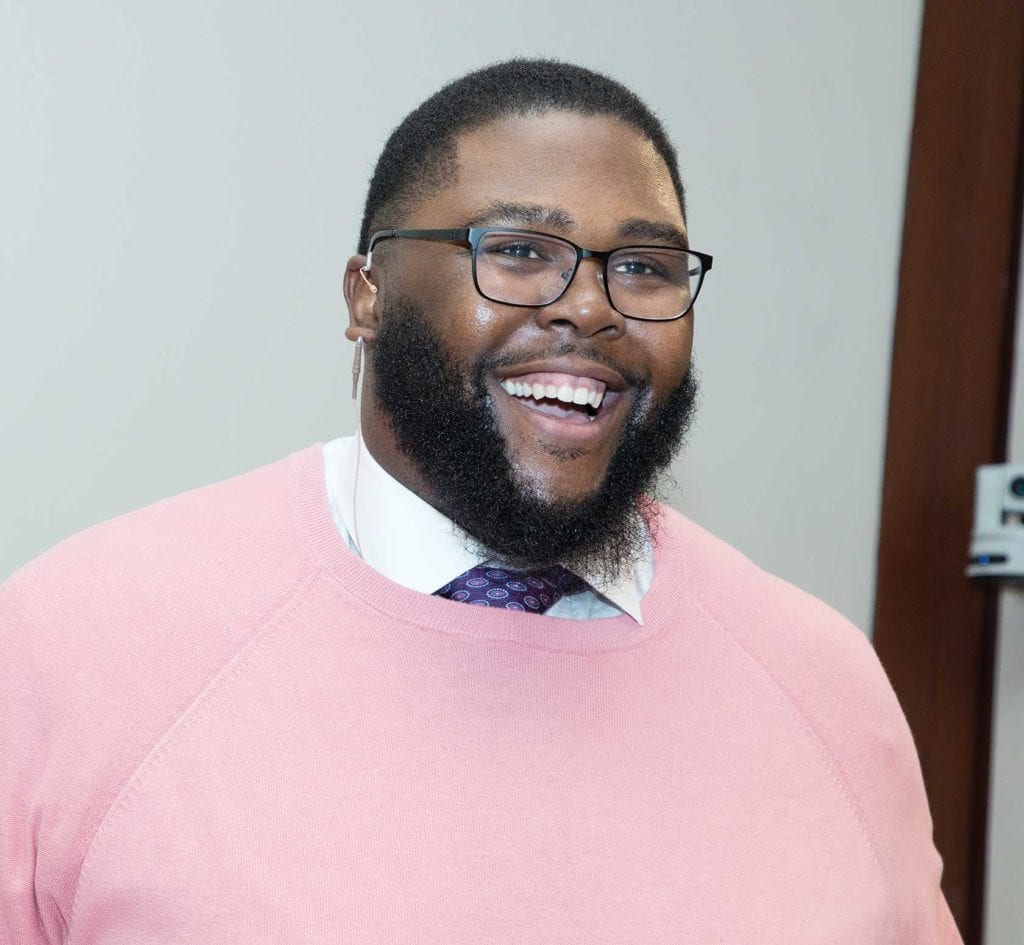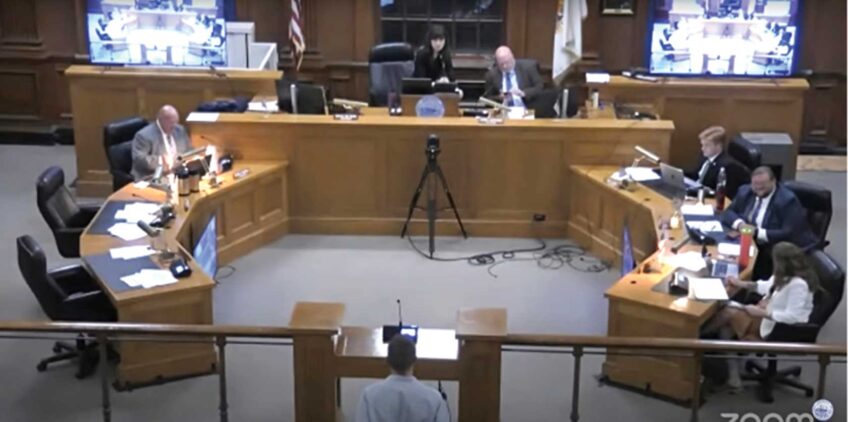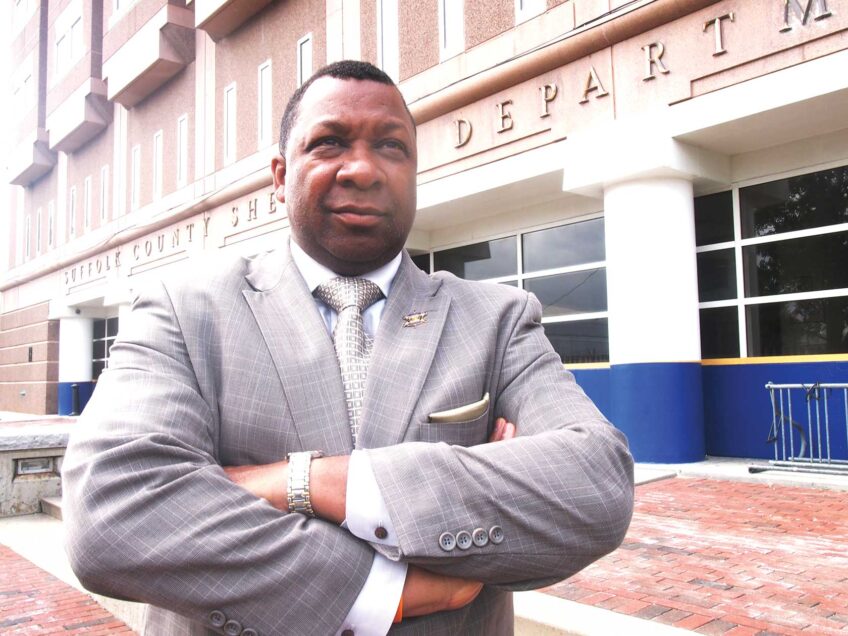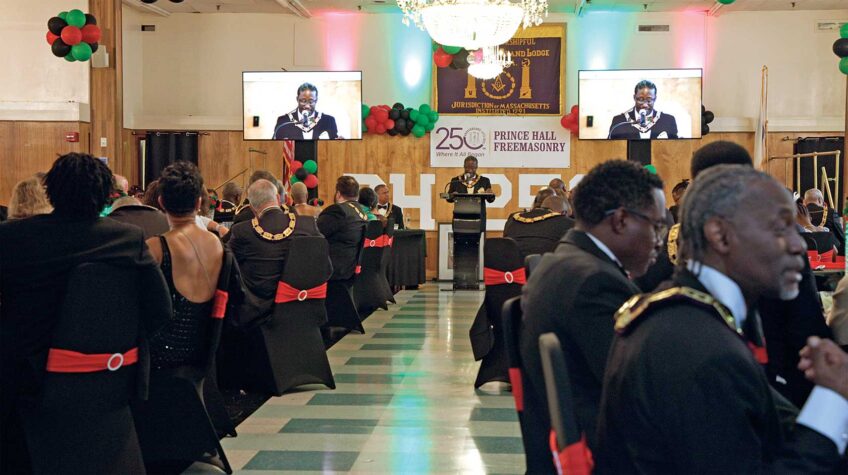Author cites struggles of first-gen. college students
‘The Privileged Poor’ documents challenges of low-income students

First-generation, low-income college students who attend well-resourced institutions may be embarking on a path of upward mobility, but that path is fraught by social and cultural barriers, often reinforced by the schools themselves. Anthony Abraham Jack studies and researches this phenomenon in his book, “The Privileged Poor: How Elite Colleges Are Failing Disadvantaged Students,” published last week by Harvard University Press.
“Admissions letters and financial aid do not a diverse college make. Access and inclusion do,” said Jack at the launch of his book at the American Academy of Arts and Sciences last Wednesday.
In other words, placing students from disadvantaged backgrounds into elite schools does not automatically put them on the same playing field as their privileged peers.
Jack, who is an assistant professor at the Harvard Graduate School of Education and an assistant professor at the Radcliffe Institute at Harvard, hails from Miami and attended Amherst College in 2003. His own experience as a black first-generation college student from a low-income background inspired him to pursue this project.
“I wanted to focus on how structural inequalities like segregation, job placemat, poverty, disinvestment in public K – 12… manifest themselves on campus,” he said at the book launch last week. “We must understand what students have been through, and what they have done to get to school, to understand why they chart the paths they do once they get there.”
While interviewing 103 low-income black, Latinx and white undergraduates at top colleges about their experiences in higher education, Jack uncovered a pattern.
“Low-income undergrads have shared beginnings but divergent paths on their route to college,” he said.
What helped a subset of the group adjust better to life at an elite education, and ultimately, do better in school, were low-income students who were recruited from elite, private high schools. Those students, Jack called the “privileged poor” and their economically distressed peers from equally economically distressed high schools were the “doubly disadvantaged.”
The privileged poor brought with them to college social capital, the knowledge of how to navigate interpersonal relationships.
“Colleges expect students to be proactive and forge relationships with faculty. This is the road to extensions, extra help, recommendation letters and internships,” said Jack. “But this expectation remains unsaid.”
One student Jack interviewed for his book said her teachers from high school put more energy into managing fights, teenage pregnancies and other social ills rather than building relationships with students.
“When professors would say their door is open, she doesn’t believe them,” Jack said.
In contrast, another student interviewed who also came from a troubled neighborhood but attended private school was used to classes with only 12 students and office hours.
“She felt empowered to talk to professors,” said Jack. “Her school had instilled in her that she was allowed to do so and it was her right as a student.”
Another cultural hurdle Jack observed in his research was how school vacations meant something different for poor students on college campuses. While some students took trips home for a luxurious rest, other students would suffer from the sudden lack of resources.
“There was famine during spring break. Schools had a policy to close dining halls during break and one out of seven students I interviewed faced food insecurity,” Jack said.
Policy recommendations
Among the policy recommendations Jack outlined and implemented was for schools to leave their dining halls open for students during breaks.
Jack said schools like Connecticut College and Smith College, swayed by his research, no longer charge students extra fees to eat at the dining halls during breaks.
“Students who stay on campus can finally rest and not worry about how they will eat. For some of them, they have bad relationships with family at home or no family at all. Going home for them wasn’t always a break,” said Jack.
Another policy recommendation Jack has for schools is for faculty to define what office hours are.
“They need to break down that information gap because office hours are how you build a mentoring relationship,” Jack told the Banner. “The quality of a recommendation letter depends on how well they know you.”
Jonathan Acosta, a PhD student in sociology at Brown University, attended the book launch last week. He said Jack’s book is “validating and helps me understand what I lived.”
Acosta transitioned from public school to undergrad at Brown, and lacked some of the social and cultural capital his peers had, despite coming from similar socioeconomic backgrounds.
He recalled how a professor of color at Brown, who grew up in the Bronx and attended Yale University, “helped me wake up to reality.” When Acosta turned in one of his first papers freshman year riddled with grammatical errors, the professor whipped him into shape, telling him he represented more than himself when he sat in a classroom with mostly white and privileged peers.
“We pay it forward and find different ways to do that,” said Acosta. “I think Tony is doing this through his research.”






